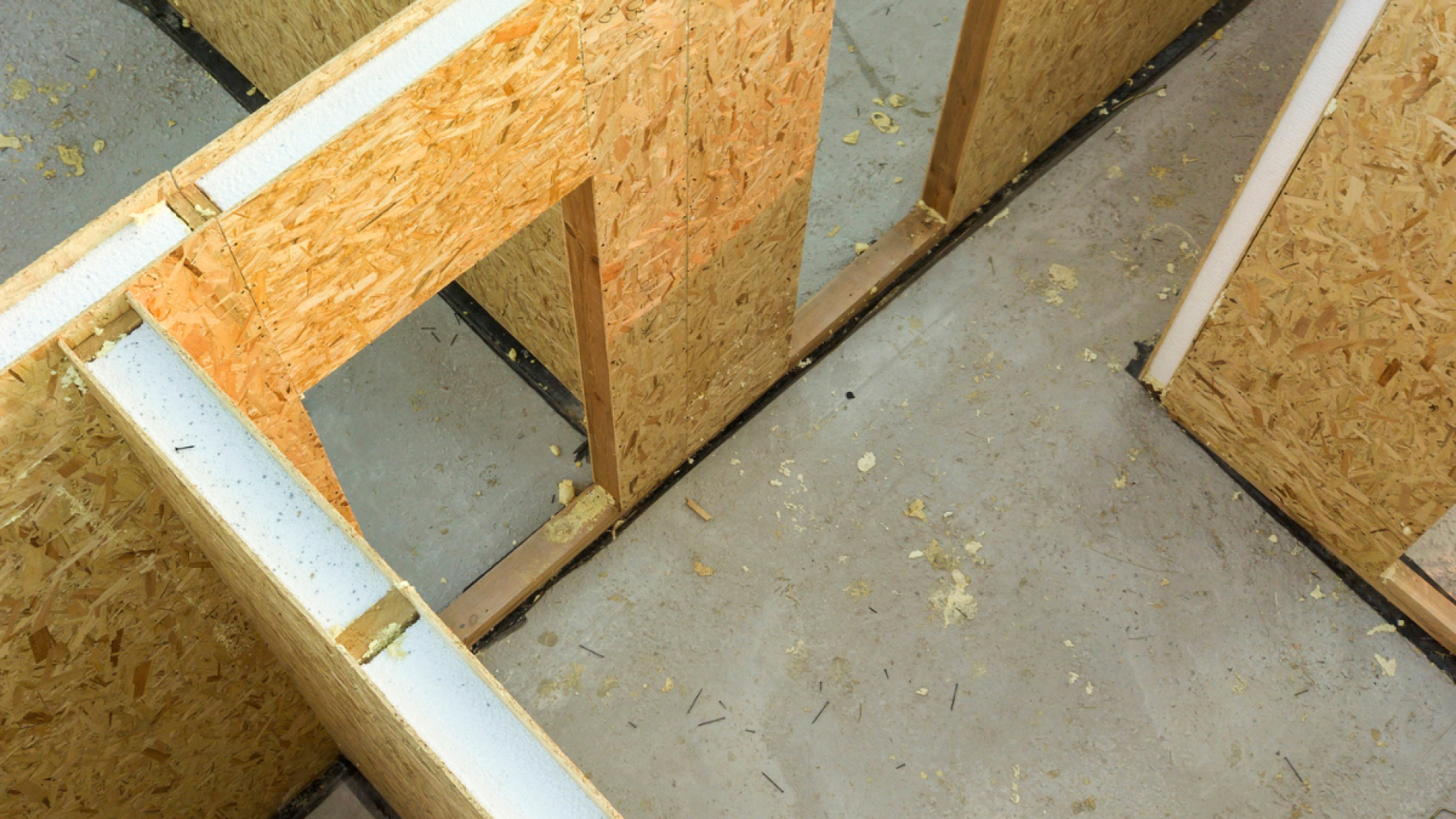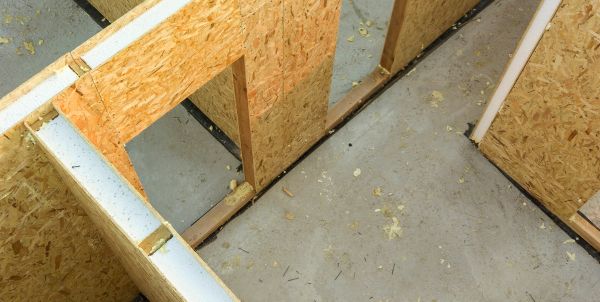The Impact of Modular Construction on Project Timelines and Costs
Since our last MMC insight in May 2022 into the benefits MMC can bring to the residential sector we had hoped to report on the successful delivery of Category 1 MMC on several residential projects, but this has not been the case. In fact, we have seen a decline in the number of fully off-site manufactured housing developments with several leading manufacturers going into administration.
So why have we not seen the growth levels expected when the benefits of factory-produced homes are well known?
- Accelerated project timelines because of concurrent processes, controlled manufacture environments not affected by the weather and semi-automated assembly processes, and
- Cost efficiencies around reduced labour and waste, reduced site overheads, and economies of scale.
There are perhaps several reasons why the residential sector has struggled when compared with the likes of education, hotels, and student accommodation which have seen a growth in the use of MMC.
Despite the benefits, there are still some challenges the residential sector faces when considering the use of Category 1 MMC:
- Investment in the factory – despite the high initial investment, companies often discount their products to secure orders, but the delivery of affordable housing is subject to many hurdles that frustrate programming timelines for example funding, planning, and site development risk. It can often take twelve to twenty-four months, and sometimes longer before works are ready to start on site resulting in a lack of consistent and delayed orders for the manufacturer.
- Transportation – Site locations and the optimum transportation size of the units can present logistical challenges. In addition, the seamless integration of the modules on-site requires meticulous planning and coordination.
- Procurement of the modular manufacturer – Within the affordable residential housing sector this has been a challenge, with modular companies being invited to tender too late within the design development stage, resulting in inefficient and expensive solutions.
Only recently has a modular framework been set up to try to address this, however, from our experience early design stage engagement with the manufacturer is essential to ensure maximum benefits are realised, engagement at Stage 4 is too late.
While Category 1 fully off-site manufactured houses may not offer a mainstream solution for residential affordable housing the sector is embracing with more regularity Category 2, 3, 5, and 6 MMC solutions.
MMC is clearly revolutionising the construction industry in the UK offering a viable solution to the housing shortage, project delays, and poor-quality products currently being experienced when using traditional design and building single-stage competitive procurement methods.
By embracing modular construction, the construction industry can achieve faster, more cost-effective, and sustainable building solutions, paving the way for a more efficient and resilient construction future.
For more information or to discuss any of the content in more detail, please contact Andrew Bayley, Director – a.bayley@pooledick.co.uk



